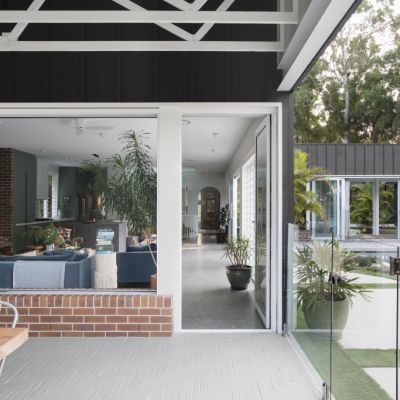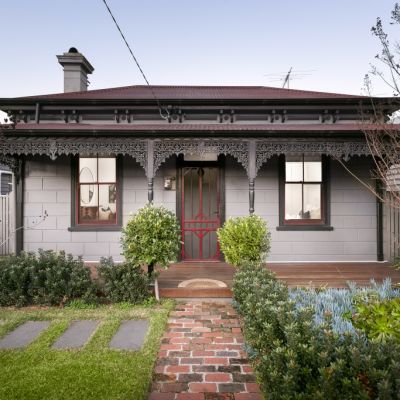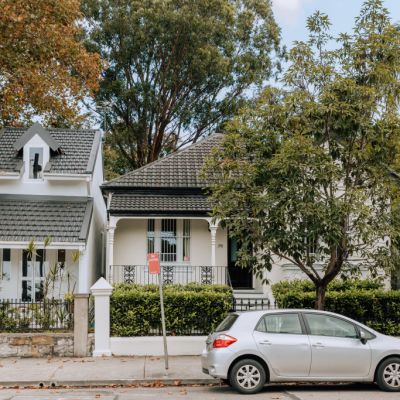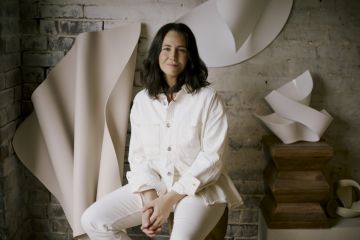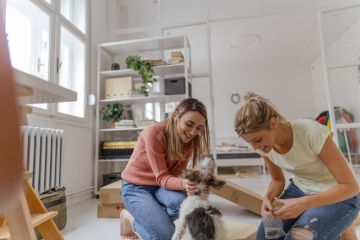The psychology behind choosing the right home for you
Finding the perfect home that ticks all your boxes is incredibly hard, but a leading psychologist says there’s one important question you need to ask yourself when buying.
Melbourne psychologist Dr Sandy Rea, a television, radio and newspaper regular, says home buyers need to assess how they are going to live in a home before they set about finding the right one.
“How do you want to live? Who do you want to live around? Do you have family in your area? I think that’s really important. What kind of support do you need?” Rea says.
“What sort of home do you think you can grow into? Of course, it has to match your budget and all the rest of it, but what do you want in your community? What do you want in your family? What’s the priority?”
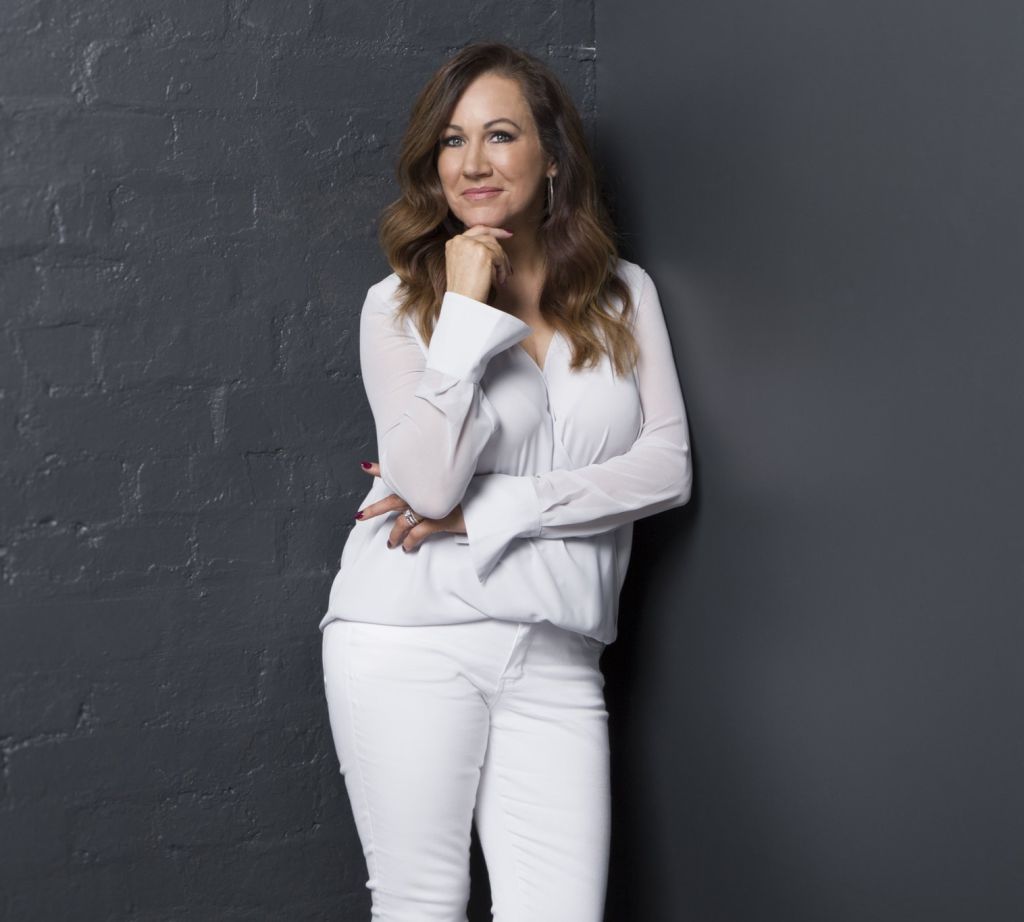
Rea says the way people live in their homes has changed post-pandemic, with the hybrid-working era here to stay in some form.
She says ensuring a home has individual spaces for everyone who lives there is important to create a harmonious living environment.
Rea also says having the ability to create separation, be that through separate bedrooms for children, separate living areas, or a home office where you can delineate work and home life, is important in creating structure for a hybrid-working model.
“I think it’s terribly important to create separation, but it’s about actually having discipline,” she says. “It means saying, when I’m in my office from, say nine to 11, I then get out and have a break. Get outside, go for a walk around the block – whatever you want to do, whatever needs to be done to change it up.
“You need your own space – a home that gives you that opportunity to move around [and] do something that structures your day. Don’t let everything just flow into each other.”
Rea says all of these factors were important when she bought her home in Melbourne’s Hawthorn East 10 years ago.
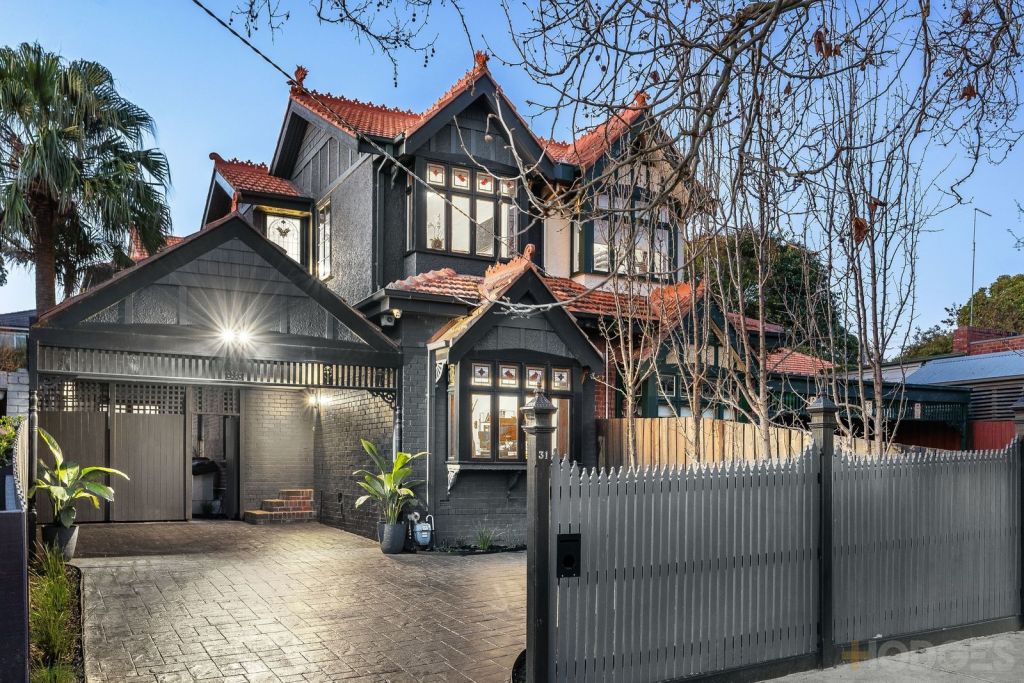
With three daughters, she and her husband placed a high value on education and having a home with a floor plan that allowed for flexibility, along with dedicated study areas.
She found that space at 31 Wiseman Street, where she raised her children.
“This house produced a doctor and veterinary surgeon and an aerospace engineer,” she says. “That was one of the reasons we chose the house, for good schools.
“It was really easy to navigate and live in this place. It meant we could all do our own thing without being on top of each other.”
The home, now on the market, was built in the 1940s and renovated and extended in the mid-1990s, with a rear extension and second storey added. It has four bedrooms, two bathrooms, a study or fifth bedroom and three separate living spaces.
Rea and her husband carried out extensive refurbishment work and added a pool in the backyard, creating another leisure space where the family could relax and unwind.
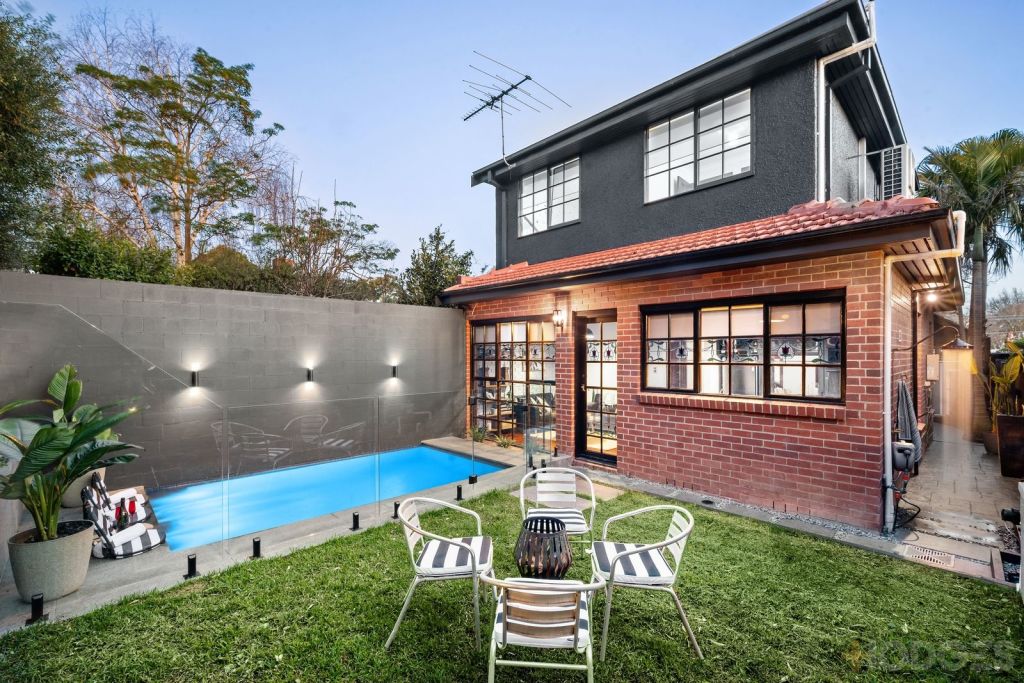
The property is close to some of Melbourne’s most sought-after schools, a quick drive to Camberwell Junction and Tooronga Village shops, and a short stroll to Anderson Park, Cato Park and the Gardiners Creek Trail.
Rea says the decision to sell was a hard one, but ultimately with three adult children no longer at home, the space was too big for what the couple needed for this stage of their life.
While she will still be working with clients and continuing her work commitments, the lure of a new space and a new lifestyle was a big factor in the decision to sell.
“We don’t need this big space; the girls are out of home,” Rea says. “It’s evaluating what are we going to do? Where do we want to go? What’s our future look like?
“When the signboard went up out the front it was actually like a knife in my heart. I went, ‘Oh, it’s real, we are going to leave.’
“There’s a real sense of loss. We’ve been in the area for so long and it’s been such a gorgeous area to live in. Our neighbours, the community, just the lifestyle of this area are fantastic.
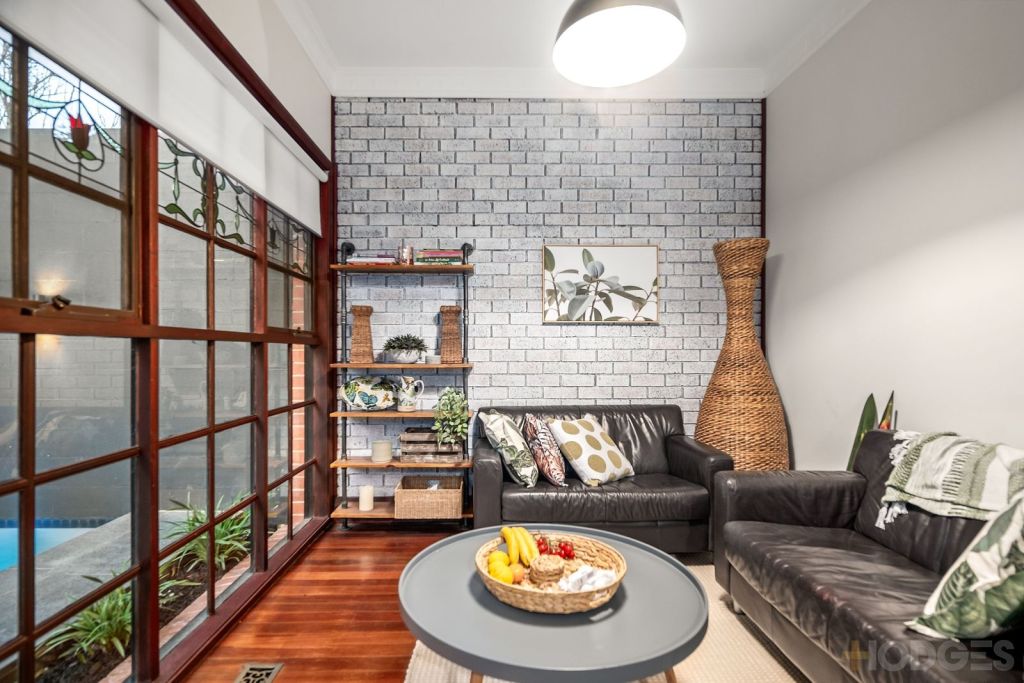
Rea says selling a home is a big decision and advises anyone thinking of selling to be prepared to deal with the emotions that come with such a pivotal life change.
“How do you navigate that? Look to the future,” she says. “What is it that you see yourself doing in the next 10 to 20 years? What sort of environment do you want to be in? What is the sort of lifestyle that you envisage for the next 20 years?
“I think that helps pull you through, I guess, some of the grief of losing what has been a very stable environment.”
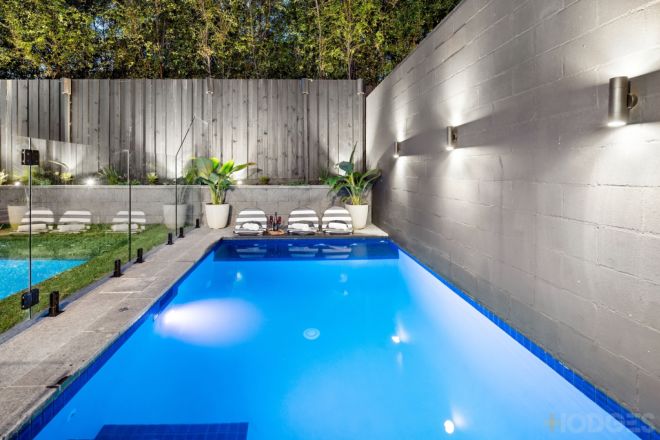
We recommend
We thought you might like
States
Capital Cities
Capital Cities - Rentals
Popular Areas
Allhomes
More
